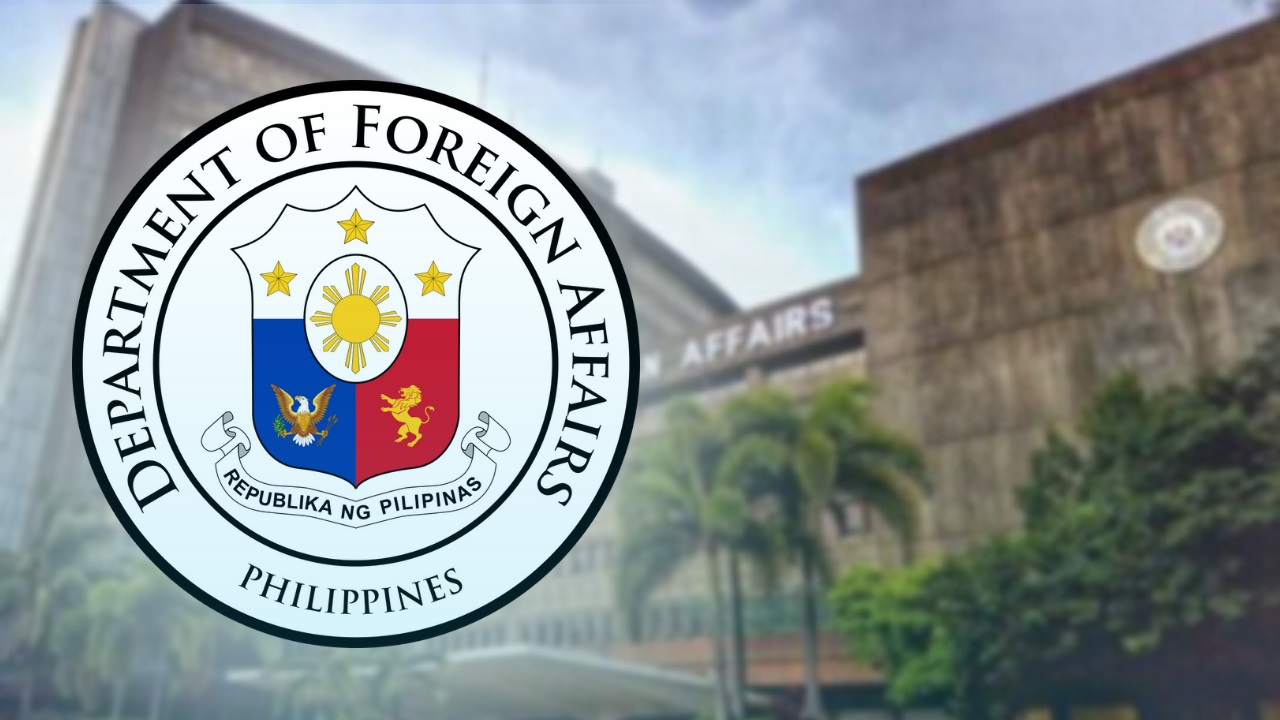
DFA logo and building facade. INQUIRER FILE PHOTO
MANILA, Philippines — The Department of Foreign Affairs (DFA) on Monday said it will investigate foreign diplomats engaging in illegal and unlawful activities, and undertake “necessary actions in line with existing laws and regulations.”
The DFA made the pronouncement after the Chinese embassy released alleged transcripts and recordings of conversations between a security official and a Chinese diplomat involving the disputed Ayungin Shoal.
READ: NSC ignores China’s claim it had a deal with AFP WESCOM on Ayungin Shoal
“Foreign diplomats accredited to the Philippines are accorded the necessary liberties to conduct their diplomatic duties, with the expectation that they, in turn, will conduct their diplomatic activities with the highest standards of integrity and professionalism, in pursuit of common interests and mutually beneficial outcomes,” said the DFA in a statement.
“The [DFA] will look into any reports of illegal and unlawful activities by diplomatic officials, and undertake necessary action in line with existing laws and regulations,” it added.
READ: PH security execs want China envoys expelled
While not specifying China in its statement, the DFA reiterated the country’s strong advocacy for rules-based governance, adding that the Philippine government remains “firm and united in respecting and upholding the rule of law in both the domestic and international milieus.”
“It is in this context that the Philippines—as a responsible member of the international community of nations—has consistently called for adherence to international law, including the United Nations Charter, the Vienna Conventions governing inter-state relations, and in the maritime domain the 1982 UNCLOS, among others,” it added.
On Friday, National Security Adviser Eduardo Año said the Chinese embassy’s action of releasing “spurious transcripts or recordings of purported conversations between officials of the host country—should not be allowed to pass unsanctioned or without serious penalty.”